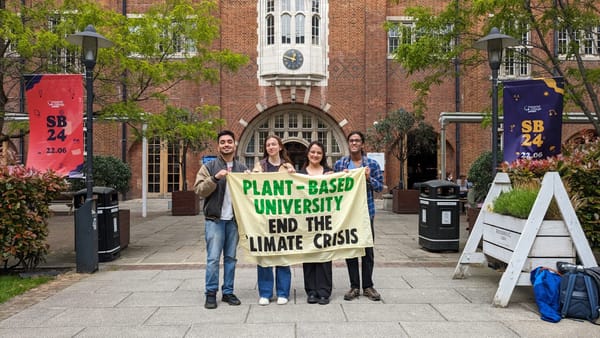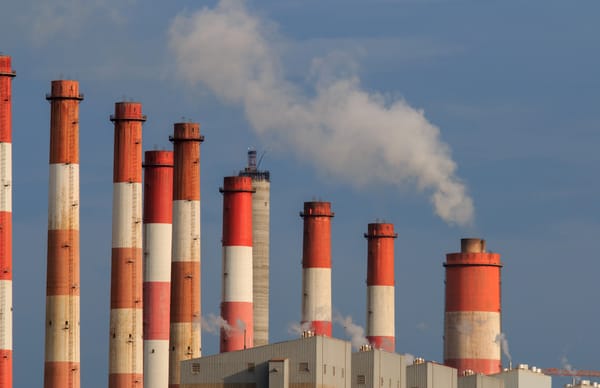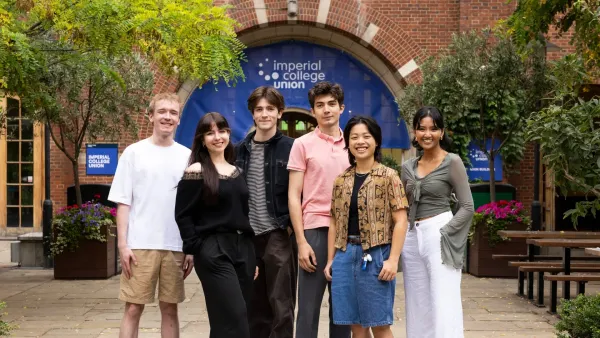Election time: what's in the manifestos?
UK elections are coming up on 4th July. If you can, vote. An important issue for many voters is how each political party will tackle the climate crisis if elected, so this article summarises some of what each party has promised. For more details, read their manifestos.
A Friends of the Earth analysis assessed where major parties stand on climate, energy, nature, and the environment before manifestos were released, assigning the following scores as an aggregate of ten policy areas:
- Conservatives - 27/100.
- Labour - 51/100.
- Liberal Democrats - 68/100.
- Greens - 82/100.
Net Zero
The UK currently has a legally binding 2050 net zero target, which commits that it will reduce its territorial emissions by at least 100% of 1990 levels by 2050.
- Reform would scrap net zero.
- The Conservatives would keep the 2050 net zero target.
- Labour would keep the 2050 net zero target.
- The Liberal Democrats would set a 2045 net zero target.
- The Greens would set a 2040 net zero target.
Transport
Domestic transport accounts for 28% of the UK’s territorial greenhouse gas emissions.
- Reform would remove the phase-out date for new combustion engine vehicles and “scrap all Net Zero related objectives” including legislating to “ban all ULEZ and Low Traffic Neighbourhoods”.
- The Conservatives would keep the 2035 phase-out date for new combustion engine vehicles, ensure “our charging infrastructure is truly nationwide”, and “reverse Labour’s unfair ULEZ expansion in London.”
- Labour would restore the 2030 phase-out date for new combustion engines vehicles, bring railways into public ownership, and deliver a reliable and affordable rail service.
- The Liberal Democrats would restore the 2030 phase-out date for new combustion engine vehicles, further electrify Britain’s rail network and create new cycling and walking network, and introduce a “Young Person’s Buscard” for a third off bus and tram fares.
- The Greens would implement “free bus travel for under-18s”, bring railways into public ownership, and “invest an additional £19bn over five years to improve public transport, support electrification and invest in new cycleways and footpaths”.
Electricity and Fuel supply
Electricity and Fuel supply account for 22% of UK’s territorial greenhouse gas emissions.
- Reform would scrap renewable energy subsidies, “start fast-track licences for North Sea gas and oil”, “grant shale gas licences on test sites for 2 years” and “fast-track clean nuclear energy with small modular reactors”.
- The Conservatives would ensure “annual licensing rounds for oil and gas production from our own North Sea”, build new gas power stations, “treble our offshore wind capacity”, and approve “two new fleets of Small Modular Reactors to rapidly expand nuclear power”.
- Labour would create and fund a publicly-owned clean power company, “double onshore wind, triple solar power, and quadruple offshore wind by 2030”, and ensure nuclear power and Small Modular Reactors play “an important role in the helping the UK achieve … clean power”.
- The Liberal Democrats would commit that “90% of the UK’s electricity is generated from renewables by 2030”, remove “restrictions on new solar and wind power”, introduce “a ban on new coal mines”, and “end fossil fuel subsidies”;
- The Greens would push for “wind to provide 70% of the UK’s electricity by 2030”, allow no new oil and gas licences, end fossil fuel subsidies, and “cease development of new nuclear power stations”.
Buildings
Buildings and product uses account for 20% of the UK’s territorial greenhouse gas emissions.
- Reform does not mention retrofitting homes, insulating them, or the climate resilience of buildings.
- The Conservatives would invest £6 bn in energy efficiency over the next 3 years, never force replacing boilers, and give the Climate Change Committee “an explicit mandate to consider cost to households … in its future climate advice”.
- Labour would invest “an extra £6.6 billion over the next parliament” in their Warm Homes Plan which will offer “grants and low interest loans to support investment in insulation … solar panels, batteries and low carbon heating” and never force replacing boilers.
- The Liberal Democrats would launch “free insulation and heat pumps for low-income households” over the next 5 years and “ensure that all new homes are zero-carbon”.
- The Greens would invest £33 bn over the next 5 years to insulate homes and public buildings, and £9 bn for improving heating systems, and £7 bn for preventing overheating in homes during the summer.
Industry
Industry accounts for 14% of the UK’s territorial greenhouse gas emissions.
- Reform says “net zero is … damaging British industry”.
- The Conservatives would “back British Sustainable Aviation Fuel through our SAF mandate”, support local steel production, and “implement a carbon pricing mechanism by 2027”.
- Labour would invest “£2.5 billion to rebuild our steel industry”, invest “£1 billion to accelerate the deployment of carbon capture”, and promote sustainable aviation fuels.
- The Liberal Democrats would invest in green infrastructure, “implement a Carbon Border Adjustment Mechanism for high-emission products”, and support carbon capture and storage in cement and steel production.
- The Greens would invest £11 bn in reducing emissions from industry and implement a carbon tax on all fossil fuels, including imports, rising to £500 /tCO2e over 10 years.
Agriculture
Agriculture accounts for 12% of the UK’s territorial greenhouse gas emissions.
- Reform would “scrap climate-related farming subsidies.”
- The Conservatives would “build long term sustainability” in the fishing sector.
- Labour would aim for “half of all food purchased across the public sector to be locally produced or certified to higher environmental standards” and “make land management schemes work for farmers and nature”
- The Liberal Democrats would invest £1 bn a year “to support … nature-friendly farming”, maintain environmental standards in food production including making sustainability “the heart of fisheries policy”, and support alternative proteins.
- The Greens would encourage a “reduction in meat and dairy production”, “implement new horticulture support for fruit and vegetable production”, and “almost triple support to farmers over the next 5-year parliament to support the transition to nature-friendly farming.”
Note: Reform UK does not have a manifesto, they have a “Contract” which is “deliberately issued as a working draft.” Reform also makes several false claims about climate change, such as that the climate change we are currently experiencing is normal and that excess CO2 is good because plants ‘breathe’ it.








